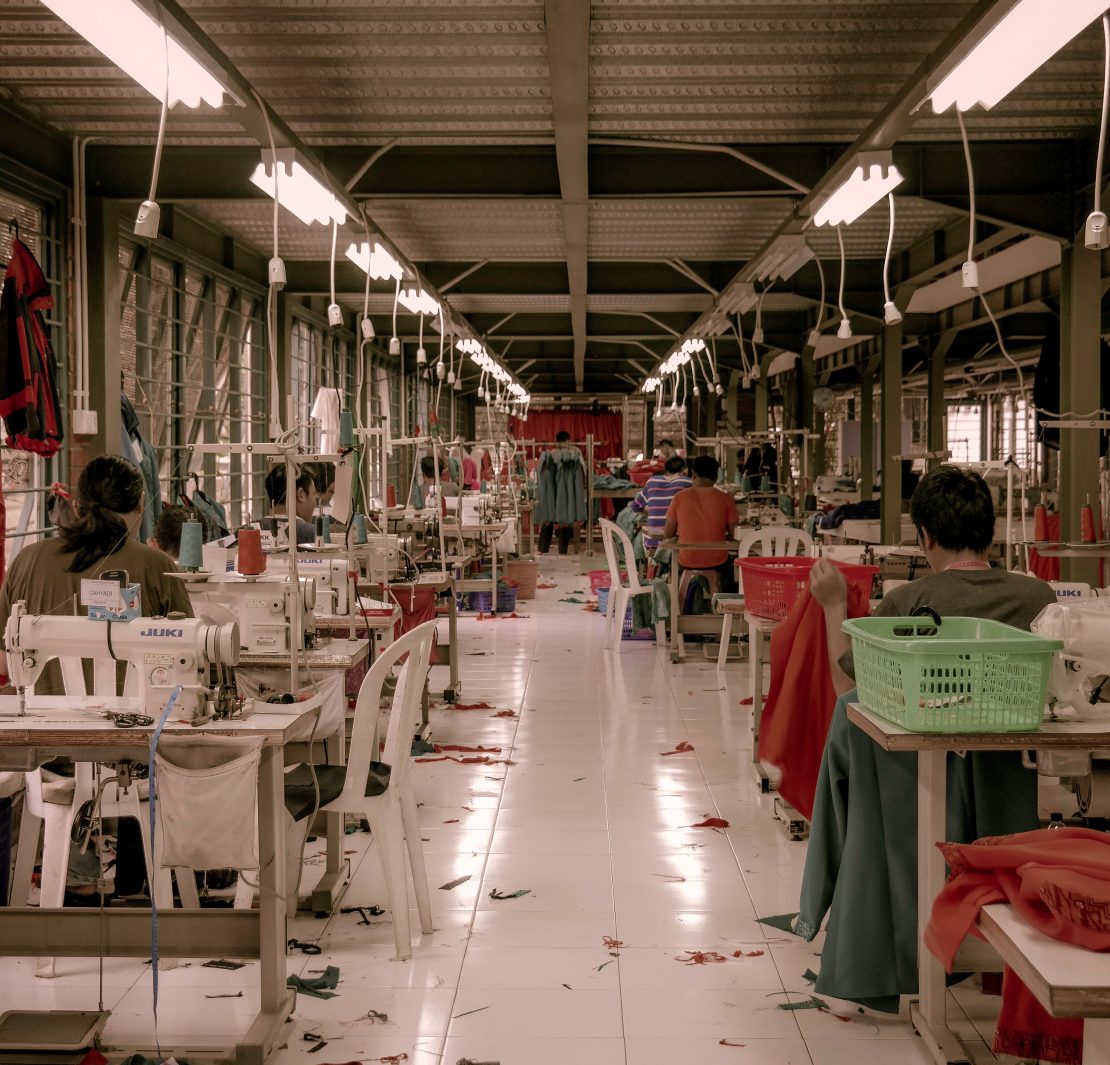A recent undercover study reveals the human cost of sustaining Shein’s business model, which offers clothing at dirt cheap prices. Workers at factories in China that supply clothes to Shein frequently work up to 18 hours a day with no weekends and just one day off per month, according to an undercover investigation from Channel 4 and i News in the UK.
According to the source, a woman worked at two factories under a false identity and discreetly recorded what she witnessed. On Monday, Service 4’s on-demand channel, All4, will begin streaming “Untold: Inside the Shein Machine,” which features the footage.
Employees at one of the factories receive a base salary of 4,000 yuan ($556) per month for least 500 pieces of apparel every day. Moreover, employers withhold their compensation for the first month. Many of these workers put in a lot of overtime for just 0.14 yuan. This totals to a mere two cents in commission for each item.
At the second factory shown in the footage, workers don’t have base pay, but instead receive just under four cents for each garment they make. In one factory, the outlet found women washing their hair during lunch breaks. Workers were also penalized two-thirds of their daily wage if they made any errors.
The alleged working hours and labor conditions are against Chinese labor laws. In a statement to Business Insider, the company repeated its previous assurances when confronted with allegations of unethical labor practices: “Any non-compliance with this code is dealt with swiftly, and we will terminate partnerships that do not meet our standards.” The company also released a statement on Twitter that reiterated that it is their “mission to make fashion accessible for everyone” and “while doing so it is important that our suppliers provide a safe and fair working environment for their workers.”
— SHEIN (@SHEIN_Official) October 16, 2022
Shein has received criticism for just about everything a business can do wrong, including unfavorable working conditions, high quantities of dangerous chemicals in its apparel, stealing the designs of independent designers and improper treatment of consumer data.
Excuse me @SHEIN_official can you please tell me why you’ve completely STOLEN my design? Im a small independent SUSTAINABLE business and you’ve completely stolen my hard work? pic.twitter.com/QpUVbUK3RU
— mare of boscombe (@fernm8) December 8, 2020
Nevertheless, the brand is a favorite among Gen-Z because of its inexpensive prices and lightning-fast production. It continues to be one of the largest fast fashion brands in the world, with a valuation higher than Zara and H&M combined. Shein’s ubiquity, most notably on TikTok, has catapulted the retailer to cult status among young women across the globe. It ships to 220 countries, with the US serving as its largest consumer market. Shein overtook Amazon for the first time on the iOS App Store to become the leading US shopping app in June last year. This is a title it holds in over 50 countries.
Shein’s model is one that encourages consumers to re-invent their wardrobes very frequently. There are tens of thousands of styles on the retailer’s site. They add 1,000 more each day. Shein is supposedly able to produce an item of clothing within a week – from design to packaging. This raises severe questions of who sustains the retailer’s skyrocketing catalog. Now we know better than ever that it comes at the cost of its employees.




